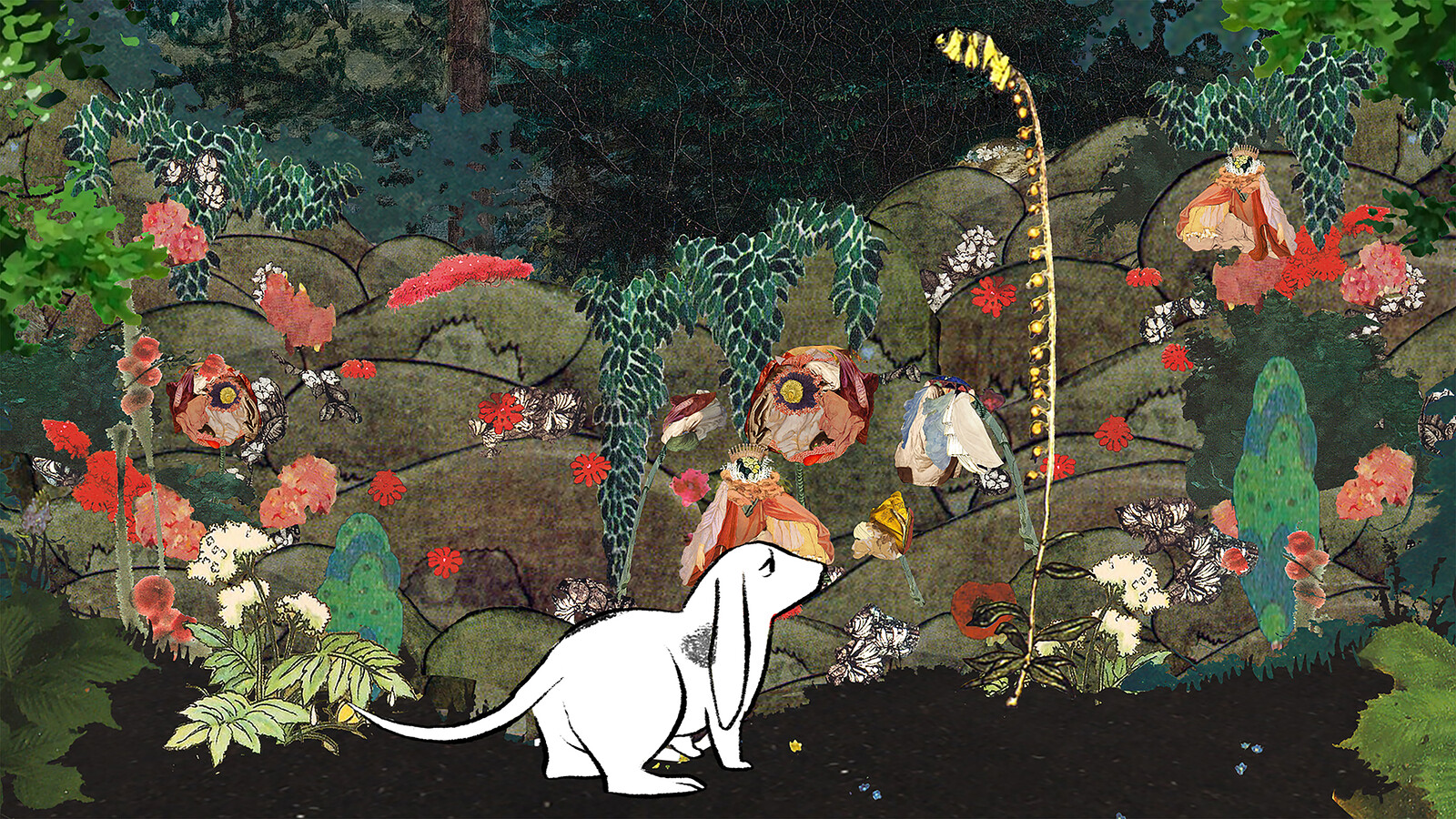224 Greene Avenue
Brooklyn, NY 11238
USA
Hours: Tuesday–Thursday 6pm–12am,
Friday–Saturday 6pm–1am
T +1 347 529 4321
laika@e-flux.com
Join us this month at Bar Laika for screenings featuring Victor Burgin, Rachel Rose, and Harun Farocki.
Amateur Psychology by Joe Jeffers, our first record released in the Bar Laika Satellite music series organized by Sanna Almajedi is now available across all platforms for digital download. Find it on Spotify, Apple Music, and iTunes.
Bar Laika will be closed December 22–25 and December 29–January 1.
Open for dinner service 6–10pm Wednesday through Sunday (8:30pm Thursday), and open for drinks 6pm–12am Wednesday through Sunday (1am Friday and Saturday). Stop by for our nightly happy hour from 6–7pm and 11pm–close, now all night Sunday!
Email laika [at] e-flux.com for dinner or large party drinks reservations.
e-flux video rental at Bar Laika presents: Three films by Victor Burgin
Thursday, December 12, 9pm
Victor Burgin, Listen to Britain, 2001
Victor Burgin, The Little House, 2005
Victor Burgin, Voyage to Italy, 2006
Over the past 30 years Victor Burgin’s work has established him as both a highly-influential artist and a renowned theorist of the still and moving image. Burgin first came to prominence in the late 1960s as one of the originators of Conceptual Art. In the 1970s his work consisted mainly of large framed photographic sequences, involving printed texts either juxtaposed with or superimposed on the image. At the beginning of the 1990s he turned towards digital video, but video from the point-of-view of photography—for example, Burgin is particularly interested in the relation between stasis and movement.
Bar Laika presents: Rachel Rose, Lake Valley
Thursday, December 19, 9pm
Rachel Rose, Lake Valley, 2016
Lake Valley is a cel-animated video set in an imagined suburb. Each frame is a composite of elements from 19th-20th century children’s book illustrations cut, layered, and re-mapped for the present-day. The suburban places encountered in the video—the house, the parking lot, the park—are familiar and not. There is simultaneity of past and present in all surfaces of the video—a plastic garbage bag is an illustration of a woman’s hair; an egg shell is an amalgam of dragon skin, cobble stones, and beer.
The story of Lake Valley follows an imagined pet as it seeks attention on one particularly lonely day. The pet leaves its family in search of connection in the nearby green. The narrative is rooted in the theme of abandonment that permeates childhood in children’s literature. Abandonment, like a suburban house, is relatively ordinary experience sustained by everyday routines and anxieties.
The work of Rachel Rose (b. 1986) explores how our changing relationship to landscape has shaped story-telling and belief systems. Rose draws from and contributes to a long history of cinematic innovation, and through her subjects—whether investigating cryogenics, the American Revolutionary War, modernist architecture, or the sensory experience of walking in outer space—she questions what it is that makes us human and the ways we seek to alter and escape that designation.
Bar Laika presents: Harun Farocki, Remember Tomorrow is the First Day of the Rest of Your Life
Thursday, December 26, 9pm
Harun Farocki, Remember Tomorrow is the First Day of the Rest of Your Life, 1972
Farocki’s ten-minute short film is composed of shots of an AFN DJ at work and of a car ride, whereby the camera points out of the car or it captures and tracks a passing car.
The unemotional narrator and scraps of songs illustrate the connection between music and memory, the accelerating tracking shots in Remember demonstrate how closely driving and filmic perception are related.
The wheels of pop run idle in Heavy Rotation, or as Farocki puts it, AFN doesn’t advertise anything and because of that it is a super-commercial station. It promotes the sound and the notion of being commercial. At the same time, the constantly accelerating rotation leads today’s music consumer to experience the present as a memory. AFN permanently repeats itself, transforms repetition into enjoyment and the present into eternity.
Harun Farocki (1944–2014) was born in German-annexed Czechoslovakia. From 1966 to 1968 he attended the Deutsche Film- und Fernsehakademie Berlin (DFFB). In addition to teaching posts in Berlin, Düsseldorf, Hamburg, Manila, Munich and Stuttgart, he was a visiting professor at the University of California, Berkeley. Farocki made close to 120 films, including feature films, essay films, and documentaries. He worked in collaboration with other filmmakers as a scriptwriter, actor, and producer. In 1976 he staged Heiner Müller’s plays The Battle and Tractor together with Hanns Zischler in Basel, Switzerland. He wrote for numerous publications, and from 1974 to 1984 he was editor and author of the magazine Filmkritik (München). His work has been shown in many national and international exhibitions and installations in galleries and museums.

